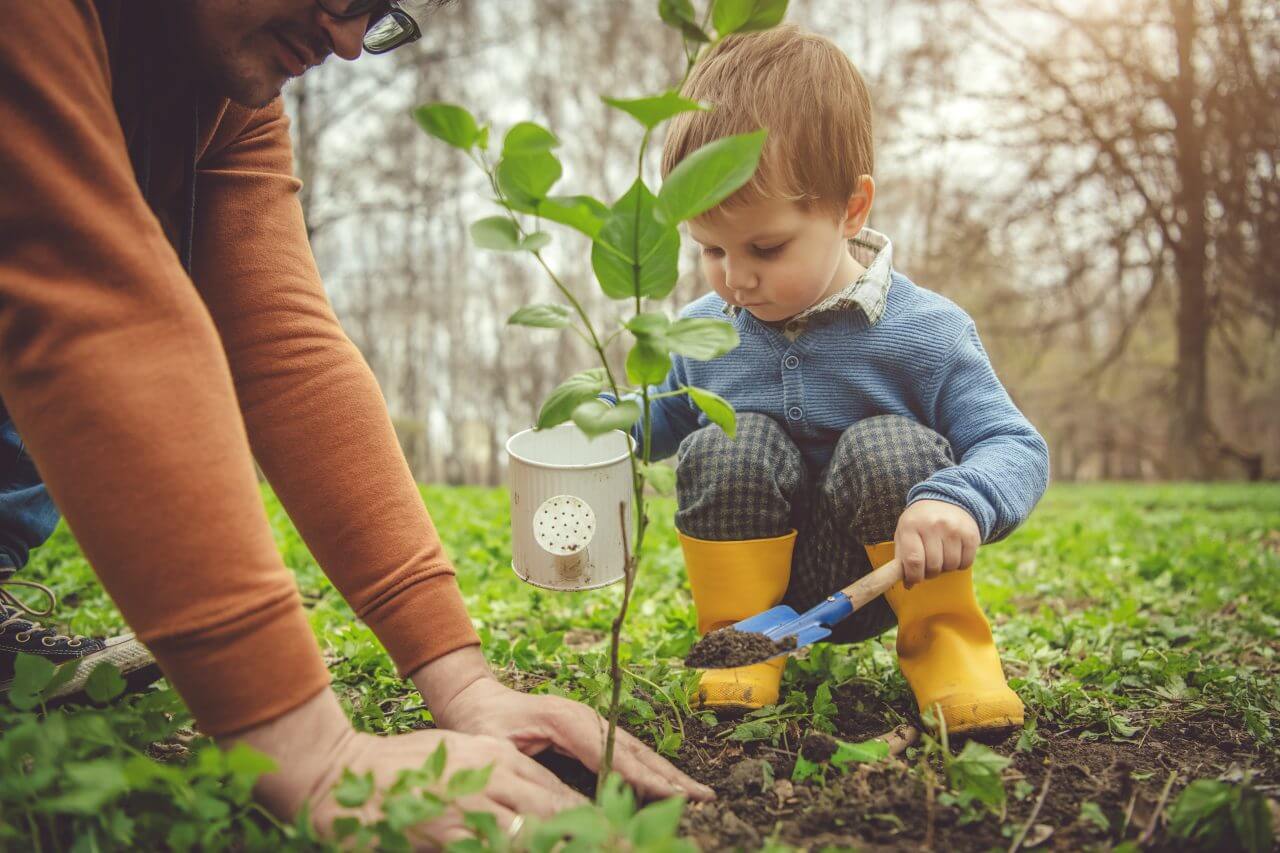The Power of a Grateful Heart

Gratitude is often overlooked in today’s hurried world. More than an obligatory “thank you,” gratitude can be as simple as noticing the goodness in the world around us and the people in our lives. Like that nice man who held the door for you at the coffee shop this morning. And the more space in our mind and heart that we allow gratitude to take up, the less space for those minor annoyances throughout the day.
The Science of Gratitude
Research tells us gratitude can improve general well-being, increase resilience, strengthen our relationships, reduce stress, and fight depression. When the brain feels gratitude, it activates the ventral and dorsal medial prefrontal cortex. These areas of the brain engage feelings of reward (the reward when stress is removed), morality, personal relationships, and positive social interactions. They also enhance our ability to empathize with other people and understand what they’re thinking or feeling.
Gratitude also can increase important neurochemicals. When our thinking shifts from negative to positive, we get a blast of feel-good chemicals, including dopamine, oxytocin, and serotonin. These lead us to feelings of closeness, connection, and happiness that accompany gratitude.
Benefits of Gratitude
1. Gratitude helps create and improve relationships.
Of course, the simple act of saying “thank you” is good manners. Beyond that, though, showing appreciation can help you win new friends. One study showed that thanking a new acquaintance makes them more likely to seek an ongoing relationship. So, whether it’s an appreciative wave to the fellow commuter who let you into traffic, or a quick thank-you note to the neighbor who looked in on Fido while you were out of town, acknowledging other people’s actions can lead to new opportunities.
2. Gratitude improves our physical health.
It’s been documented that grateful people experience fewer aches and pains and they report feeling healthier than other people. Grateful people are also more likely to take care of their health. This includes more exercise and attending regular check-ups with their doctors, both of which will likely contribute to a longer, healthier life.
3. Gratitude improves psychological health.
Gratitude can take up space in our minds, replacing a range of negative emotions from envy and resentment to frustration and regret.
4. Gratitude enhances empathy and reduces aggression.
Grateful people are more likely to interact more positively with others, even when those others behaved negatively. More grateful study participants were less likely to retaliate against others, even when given negative feedback. They experienced more sensitivity and empathy toward other people.
5. Grateful people sleep better.
Spending as little as 15 minutes before bed writing in a gratitude journal may help you sleep better and longer.
6. Gratitude improves self-esteem.
Gratitude has been proven to increase an athlete’s self-esteem, which is a significant contributor to optimal performance. Other studies have shown that gratitude leads us to fewer personal comparisons. Instead of being resentful toward people with more money or better jobs — often a factor in reduced self-esteem — grateful people can appreciate other people’s accomplishments.
7. Gratitude increases mental strength.
For years, research has shown gratitude reduces stress. It can also be beneficial in trauma recovery. Recognizing all we have to be thankful for — even during the worst times of your life — fosters resilience.
6 Simple Tasks that can Help Cultivate Gratitude
1. Write a thank-you note.
You’ll feel happier and deepen relationships with others by just writing a thank-you note for that person’s impact on your life. Try sending a thank-you note each month. And occasionally, write one to yourself.
2. Thank someone mentally.
Can’t sit down and write? It sometimes helps just to think about someone who has done something nice for you and mentally thank the individual.
3. Keep a gratitude journal.
Develop the daily practice of writing notes in a journal about gifts you’ve received, then share with a loved one to improve their day, too.
4. Count your blessings.
Can’t make time to write daily? Then pick a time each week to sit down and write about the bigger-picture blessings, rather than the daily occurrences in your life. Be specific and think about the sensation you feel as you recount your reasons to be grateful.
5. Pray.
People who are religious or otherwise spiritual can use prayer to cultivate gratitude.
6. Meditate.
Practicing mindfulness meditation focuses us on the present moment, washing away life’s worries and concentrating on the gift that’s the present moment.
When a "Thank You" isn't quite enough
Did your physician take the time to answer your questions when you were dealing with difficult news? Did your nurse offer you words of encouragement and hold your hand when you were at your most vulnerable? Did a staff member make you feel like more than just another patient? Whoever made a difference for you, in whatever way, you can now recognize their outstanding care with our Honor a Caregiver program.
Useful Resources and Next Steps:



